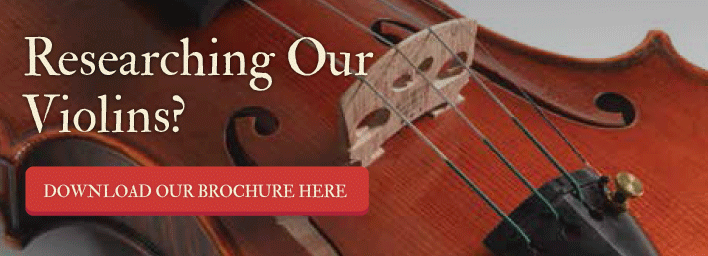Top Sources For Finding Music Scholarships

School is expensive. You know that. Debt is bad. Hopefully you know that, too. The bottom line then (quite literally) to making your music school dreams come true is finding the right collection of music scholarships.
Even if you do wind up having to take on some school loans to fill out the difference, every hundred dollars you can cover through a scholarship rather than debt will save thousands of dollars in repayment down the road. That’s why we recommend applying to as many music scholarships as possible. Don’t overlook those that offer what seems a pittance now, just a few hundred dollars or so. They will add up.
So where to find as many music scholarships that you qualify for? We’ll start with some great online sources, then suggest some offline sources to check out.
Online directories for music scholarships
Unigo:
This website (university + go – get it?) is a massive directory of scholarships for all sorts of disciplines, including music. It has great search tools, a beautiful interface that provides the most critical information upfront and easy to read. You can also set an alert that will send you personalized scholarship search results based on your interests.
Scholarships.com:
Another database site for general scholarships that has a music vertical. It boasts a database of 3.7 million scholarships worth nearly $19 billion in aid (that’s for all areas of study, not just music). Each scholarship’s “Apply Now” button opens up a new window for that scholarship, so you won’t lose your place on your results page.
National Association for Music Education:
Not a searchable database, but provides a long, detailed list of available music scholarships broken up by year in school: juniors in high school; seniors in high school; and those in college. It also includes a nice list of additional scholarship resources (some of the websites listed here, some not!), so it’s worth checking out for additional meta-resources, including links to sites providing general advice and resources for financing college.
Majoring in Music:
This page format isn’t a searchable database, but breaks up its voluminous page into valuable link sections. The central list is its collection of independent music scholarships, ordered alphabetically, each with a short (very short) blurb about the organization providing the scholarship. To the right is the long list of links only to the scholarship pages for specific schools. This site also has good additional resource sections on how to finance music school and useful links for international students interested in studying music in the United States.
Niche.com:
This is a searchable database, including some interesting filters like “Easy to Apply.” If you add the “Easy to Apply” filter, you can filter out scholarships that require an essay or recommendations, or has GPA requirements. This could be an interesting option to streamline your application process: Get through some of the easier to apply scholarships first, as you work on collecting recommendations and information needed for more involved applications. Of course, it’s also useful for those who’ve let their GPA suffer in favor of practice time. It happens.
Offline resources to find music scholarships
The digital resources are awesome for finding lots of information quickly. But you don’t want to overlook the human resources for two reasons: First, asking the right people who know you can get you started quickly on the most promising options, while you use the digital resources to find additional, more obscure options. Second, it’s the only way to find smaller scholarship options that haven’t been scooped up by the online databases. Remember – no scholarship opportunity is too small if you qualify! So…
- Ask your music teachers and tutors for suggestions. If you have some friends ahead of you in school who’ve already been through this process, you can ask them. If you have any contacts with recently graduated professional musicians, ask them.
- Directly and politely ask local organizations if they provide music scholarships. This could be local arts organizations, business networks, and social organizations. It may not be a music scholarship per se, but a scholarship fund devoted to seeing local kids get assistance. These are usually on the low side, but they also have much smaller applicant pools.
Congratulations on your commitment to moving forward with your musical education and career. You’re making a smart move to find the resources to pay for it without carrying high debt.


